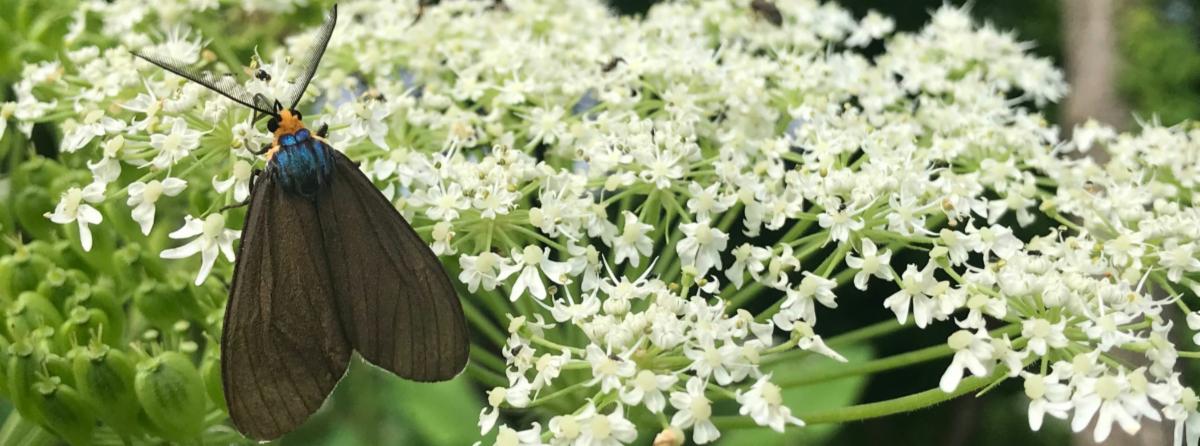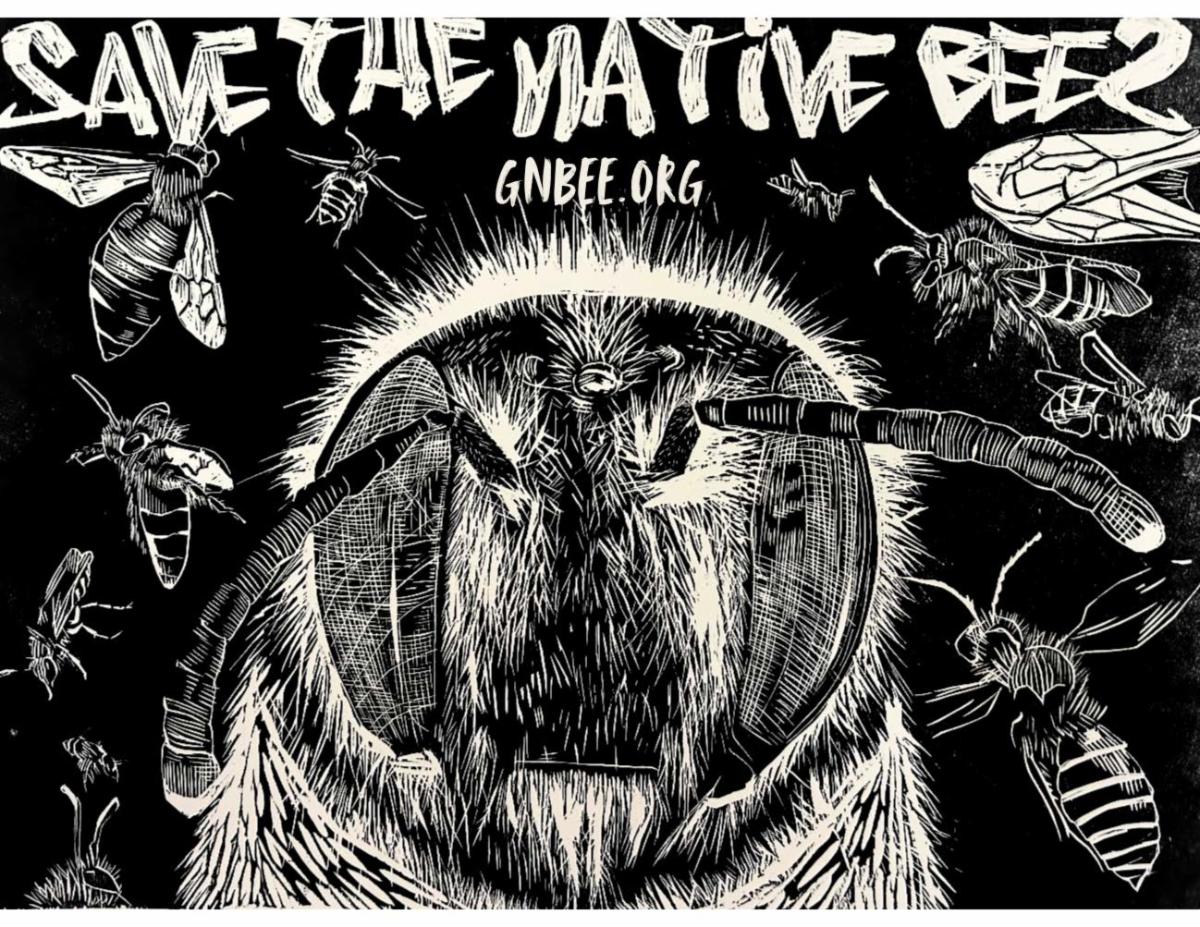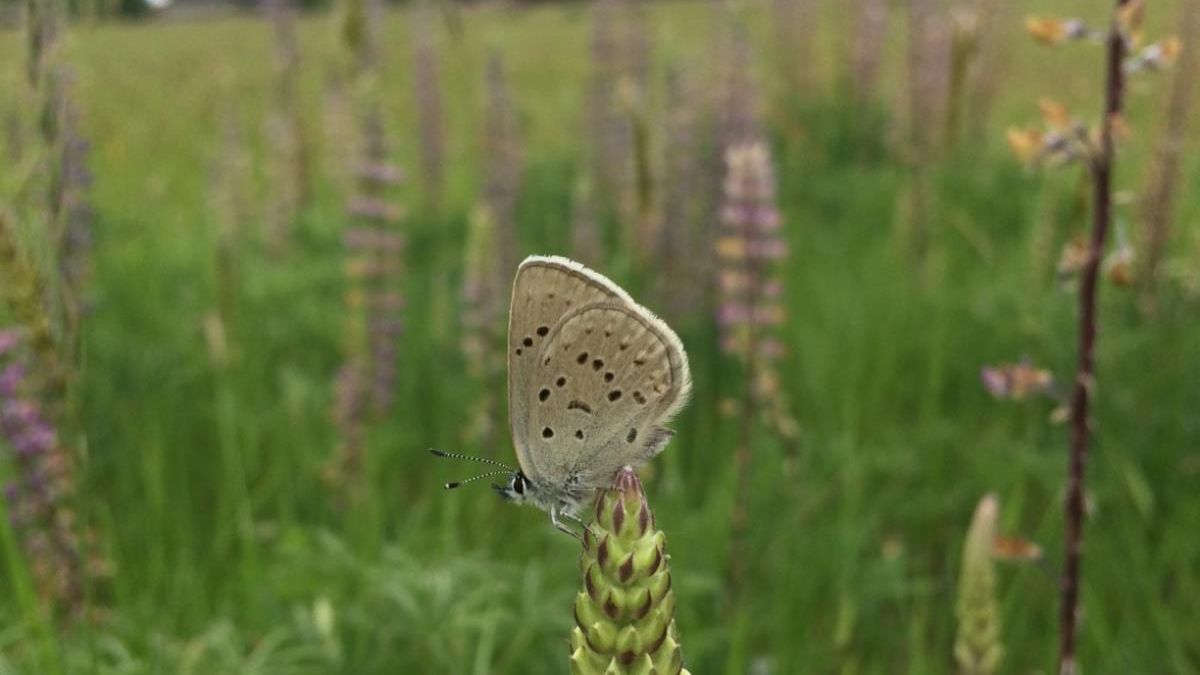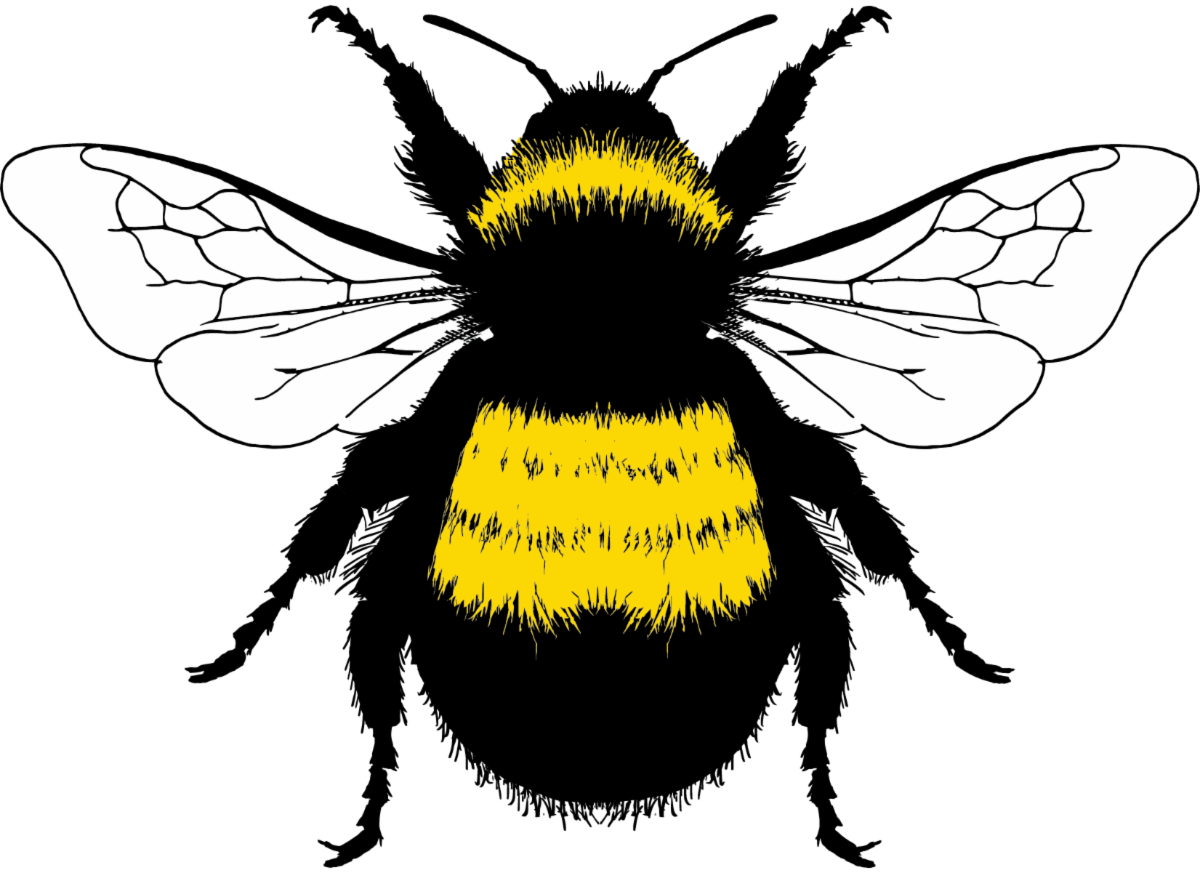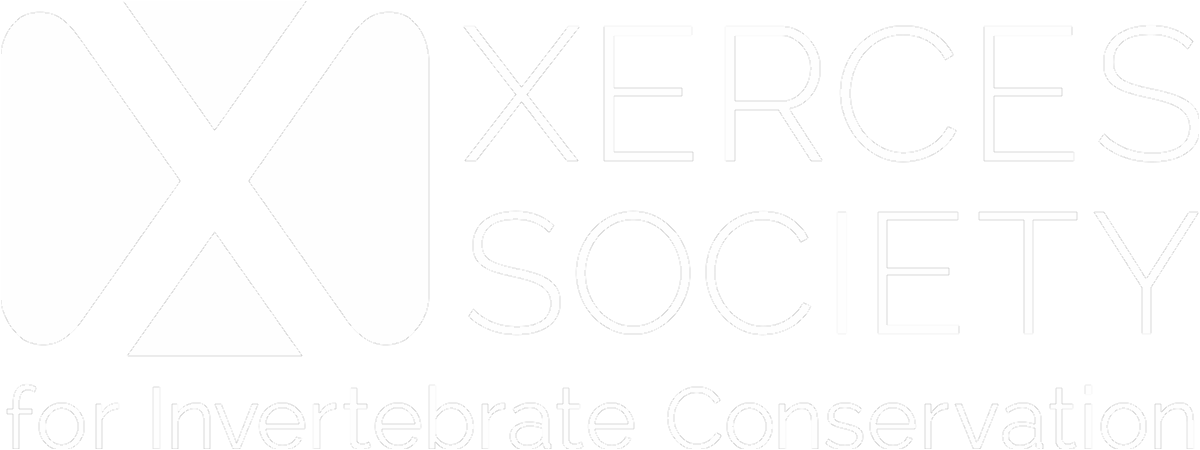|
|
|
Your Pollinator Week Promo Kit
|
|
|
Pollinator Week is June 16-22 and it can be a great time to kick off summer Bee City activities! Whether your committee is tabling at the farmers market or holding a movie night, we've got the resources to help you out.
We have free videos you can screen, printable outreach materials, and a fresh batch of social media content for you to share far and wide. Enjoy!
Check your Pollinator Week Promo Kit
|
|
|
Next Week! Learn about Ground-Nesting Bees with Cornell’s GNBee Project
|
|
|
Learn about Ground-Nesting Bees with Cornell’s GNBee Project
May 22
12 PM PT / 1 PM MT / 2 PM CT / 3 PM ET
Register
Did you know that most native bees are groundnesting? Aggregations (aka groups) of these nests are under-studied, but Dr. Jordan Kueneman at Cornell University is working to change that through Project GNBee (gnbee.org). Since spring 2023, the public has already provided over 5,000 observations of about 370 species of ground-nesting bees to GNBee. This community science project provides critical information for researchers to understand when, where, and why solitary ground-nesting bee aggregations occur. It’s easy to participate and the coming weeks are a great time of year to observe new bees emerging from the ground!
Please join Dr. Kueneman as he teaches us about ground nesting bees, shows off some great bee photos, and learn how your Bee City or Bee Campus community can get involved in GNBee.
This free Bee City USA webinar is hosted by Xerces Society and will be recorded and available on our YouTube channel on the Bee City USA playlist. Auto-generated Closed Captioning will be available during this webinar.
Register here today!
|
??Š
|
|
Guest Speaker
Dr. Jordan Kueneman
Cornell University
|
|
|
Dr. Jordan Kueneman is a research associate at Cornell University, working in the Danforth Lab within the Department of Entomology. He earned his Ph.D. in Ecology and Evolutionary Biology from the University of Colorado, Boulder, where he focused on conservation medicine and host-associated microbiomes under the mentorship of Dr. Valerie McKenzie.
Following his Ph.D., he spent four years in Panama at the Smithsonian Tropical Research Institute, studying plant and animal microbiomes. During this time, he led a large-scale project investigating the microbiome of bees across different life-history strategies, seasonal patterns, and spatial distributions.
|
|
|
PS: We still have one more regional meeting. Join us, North Central affiliates!
Bee City & Bee Campus USA Virtual Affiliate Meetup: North Central
May 29 @ 11 AM MT / 12 PM CT / 1 PM ET
For Bee Cities and Campuses in: Illinois, Indiana, Iowa, Kansas, Michigan, Minnesota, Missouri, Nebraska, Ohio, South Dakota, and Wisconsin.
Register
Thank you to everyone who has joined our other regional meeting. Missed your region's meetup? Email beecityusa@xerces.org for a link. If you registered for your regional meeting, we will email you the recording the first week of June.
|
|
|
New Resource! Track your Reporting Data Year-Round with Our New Spreadsheets
|
|
|
We know prepping for your annual Bee City/Campus reports is a fair amount of work (and we appreciate you taking the time!), so Carly Hirschmann created some snazzy spreadsheets to help you collect your reporting data throughout the year!
These spreadsheets should help track statistics, outreach activities, habitat creation, and more. Just a heads up, due to the file type, we had to put the spreadsheet in .zip files for you to download.
Once you download it, right click on the file and click "Extract All" and save the spreadsheet to your preferred location. If you need help, email us at beecityusa@xerces.org
Reminder: if your city or campus was certified in 2023 or earlier, your renewal report is due now. Please login and fill out your "Renewal" tab now.
|
|
|
Sign On: Oppose Rule that Weakens the Endangered Species Act
|
??Š
|
The Endangered Species Act (ESA), established 50 years ago, has been one of our nation's most powerful tools for preventing extinction. But a proposed change to the ESA threatens to weaken habitat protections for listed species.
Currently, the ESA prevents the direct killing of federally listed species. It also prevents "harm," which is any action that would negatively affect the species, including damaging or destroying habitat. The proposed change would remove the definition of harm, a change that is intended to undermine habitat protections for endangered species.
The Xerces Society invites you to join our letter opposing the proposal to remove the definition of "harm" from the ESA, which would ignore decades of legal precedent and put endangered species at risk of rapid extinction. Read the full letter.
Please take a moment to add your name to our letter which we will submit with the names of all co-signers to the Fish and Wildlife Service. The letter will be public record.
Add your name to the petition
|
|
Welcome, New Bee City and Bee Campus Affiliates
|
|
|
Thank you for joining us!
Bee Campuses:
- Lake Washington Institute of Technology, WA
- University of Massachusetts Amherst
- University of New England, ME
Bee Cities:
- Avon, IN
- Kalamazoo, MI
- Springville, AL
- Vancouver, WA
|
|
|
Have a event, funding opportunity, or volunteer opportunity you would like us to promote? Email beecityusa@xerces.org. If you have a Bee City/Campus login: you can add events here.
|
|
|
Bee City USA and Bee Campus USA are initiatives of the Xerces Society.
The Xerces Society is a donor-supported nonprofit organization that protects our world through the conservation of invertebrates and their habitats.
Your tax-deductible donation will help grow and sustain that essential work.
|
|
??Š
??Š
|
|
Photo credits from top:
Header: Karin Jokela (Ctenucha virginica)
Pollinator Week: Lynn Berggren (Carson City, NV)
Webinar: Jack Clauss and GNBee
ESA: U.S. Army Corps of Engineers (CC BY 2.0 )
© The Xerces Society
|
|
|


